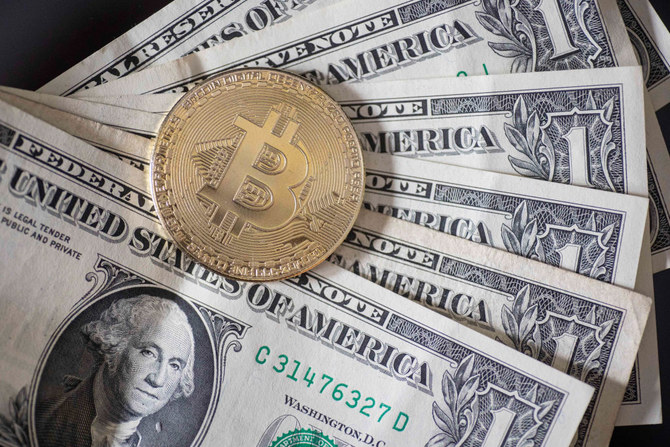Are banks still relevant in a cryptocurrency world?

https://arab.news/wpger
The 2008 global financial crisis dented public confidence in banking in a major way, with trust taking many years to be regained but only after sweeping regulatory measures were introduced. Coming to the present, can banks cease to exist at some stage in the face of cryptocurrency? Would peer-to-peer lending replace traditional bank lending as cryptocurrencies replace bank payments, or is this fanciful thinking by those promoting the use of cryptocurrencies, which have recently seen some sharp volatile losses or market price adjustment depending on one’s viewpoint?
Bankers have an uncanny way of reinventing themselves and making themselves, or at least some of their core activities, out to be indispensable. Challengers to the banking system, such as fintech companies, have ended up relying on banks to hold their cash reserves and clear their payments.
Despite increasing bank branch closures, banks have seen an opportunity to remain relevant with electronic payments and online and mobile payment apps. Credit cards may carry the brands of airlines, hotels or national retailers, but they are always issued by banks. But can a decentralized marketplace in which everyone interacts directly with each other, replace banks? This is where cryptocurrencies have now entered the space. As more people adopt bitcoin, the vision behind cryptocurrencies goes, fiat or “real” currencies would fall into disuse, creating cryptocurrency banks but also attracting regulatory attention.
In Saudi Arabia, the central bank, or SAMA, has made its position clear on the matter. Speaking at the fifth edition of the Riyadh 2021 Future Investment Initiative, SAMA Gov. Fahad Al-Mubarak stressed that traditional banking systems will remain prominent and will not face “destruction” by digital currencies. Rather, an expansion of centralized systems for regulating the tender would take place. The governor pulled no punches, bluntly saying that SAMA should have no involvement with cryptocurrency assets, stating that those who deal with them are “criminals,” but that regulators should catch up when it comes to governing cryptocurrencies in the Gulf. He suggested that there might be a need for a low-cost digital central bank that simulates digital operations and that would have a hedge against the real liquidity held by central banks.
Others have suggested that the rise in cryptocurrencies is owing to primarily two reasons: For their use in criminal operations, as noted by Al-Mubarak, but also because of an erosion of trust between the public and governments. For those who prefer to invest in Shariah-compliant financial services, a large market segment in the Gulf, cryptocurrency products are yet to be confirmed as being in accordance with Islamic law, and some Islamic countries have either passed or are considering passing fatwas banning their use.
In conclusion, for banks to remain relevant in the face of cryptocurrency advances, they must take some bolder steps today toward their own digitization. In this regard, SAMA has announced that it has approved the establishment of several new digital banks in Saudi Arabia. However, banks exist because their depositors want to be able to withdraw their funds at any time without waiting for clients who borrowed them to return them and without taking losses if borrowers default.
The cryptocurrency experiments have also highlighted that, for all its problems, the traditional banking system is probably still the most effective way of intermediating between savers and lenders. Until a better system is invented, some central banks, like SAMA, will be on their guard to protect the traditional banking system.
• Dr. Mohamed Ramady is a former senior banker and professor of finance and economics at King Fahd University of Petroleum and Minerals, Dhahran.









































